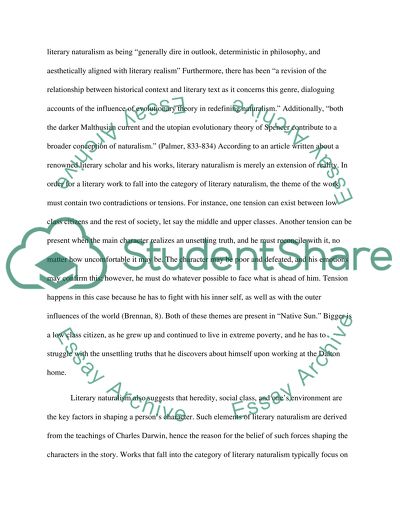Cite this document
(“Native Son by Richard Wright Book Report/Review”, n.d.)
Retrieved from https://studentshare.org/miscellaneous/1513868-native-son-by-richard-wright-book-reportreview
Retrieved from https://studentshare.org/miscellaneous/1513868-native-son-by-richard-wright-book-reportreview
(Native Son by Richard Wright Book Report/Review)
https://studentshare.org/miscellaneous/1513868-native-son-by-richard-wright-book-reportreview.
https://studentshare.org/miscellaneous/1513868-native-son-by-richard-wright-book-reportreview.
“Native Son by Richard Wright Book Report/Review”, n.d. https://studentshare.org/miscellaneous/1513868-native-son-by-richard-wright-book-reportreview.


